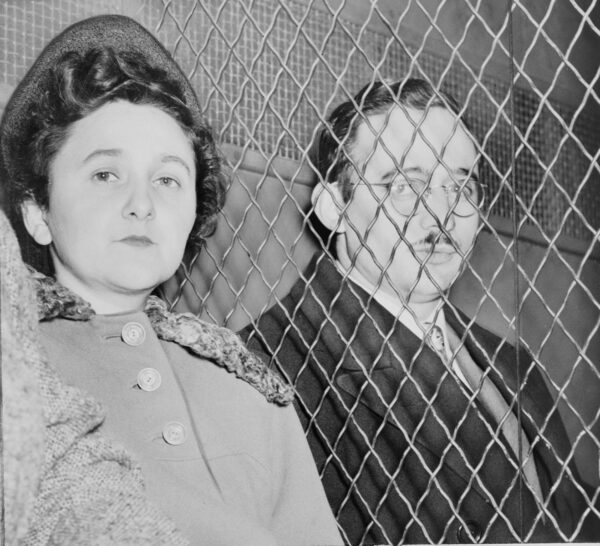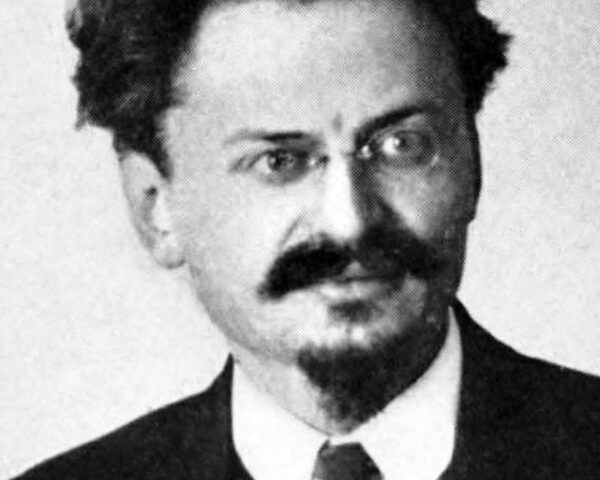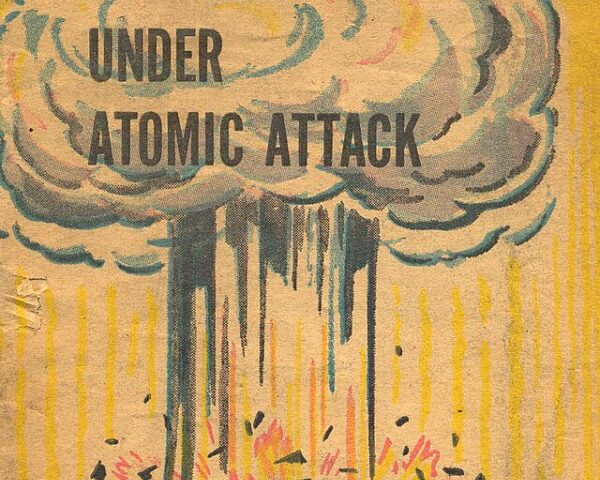On June 19, 1953, two of the most famous spies against the United States met their fate. Members of the communist party, Julius and Ethel Rosenberg, were convicted of passing secret information about the atomic bomb to the Soviet Union in 1945.
Julius Rosenberg was an engineer for the U.S. Army Signal Corps who was born in New York on May 12, 1918. His wife, born Ethel Greenglass, also in New York on September 28, 1915, worked as a secretary. The couple met as members of the Young Communist League, married in 1939 and had two sons.
What happened could have come straight out of a spy novel. Julius Rosenberg’s brother-in-law David Greenglass worked as a machinist at Los Alamos, the lab where America developed the atomic bomb.
According to Greenglass, Rosenberg asked him to pass highly confidential instructions on making atomic weapons to the Soviet Union. The History Channel writes, “These materials were transferred to the Russians by Harry Gold, an acquaintance of Greenglass. The Soviets exploded their first atomic bomb (and effectively started the Cold War) in September 1949 based on information, including that from Greenglass, they had obtained from spies.
The only direct evidence of the Rosenbergs’ involvement was the confession of Greenglass. The left-wing community believed that the Rosenbergs were prosecuted because of their membership in the Communist Party. Their case became the cause célèbre of leftists throughout the nation.
The trial lasted nearly a month, finally ending on April 4 with convictions for all the defendants. The Rosenbergs were sentenced to death row on April 6. Sobell received a thirty-year sentence. Greenglass got fifteen years for his cooperation.” Reportedly, the Rosenbergs received an offer to have their death sentences commuted in exchange for an admission of guilt, but they refused.
As the execution date approached, all eyes turned to the newly-elected President Eisenhower. One of Ike’s first decisions was whether to grant executive clemency to the Rosenbergs. Eisenhower declined, stating: “The nature of the crime for which they have been found guilty and sentenced far exceeds that of the taking of the life of another citizen; it involves the deliberate betrayal of the entire nation and could very well result in the death of many, many thousands of innocent citizens.
At about 8 P.M. on June 19, 1953m, Julius Rosenberg, at the age of 37, was executed at Sing Sing Prison in Ossining, N.Y. Merely a few minutes following the removal of her husband’s body from the execution chamber, 35-year-old Ethel Rosenberg was placed in the same electric chair. Authorities pronounced her dead at 8:16 P.M.
Neither Rosenberg ever admitted to doing any wrongdoing and proclaimed their innocence up to the time of their deaths. Their sons, Michael and Robert, survived them.
The fall of the Soviet Union opened up new revelations about how the Rosenbergs had betrayed their country and stolen secrets. In 2014, historians announced that newly-available Soviet documents showed “that Ethel Rosenberg hid money and espionage paraphernalia for Julius, served as an intermediary for communications with his Soviet intelligence contacts, relayed her personal evaluation of individuals whom Julius considered recruiting, and was present at meetings with his traitorous sources.”






